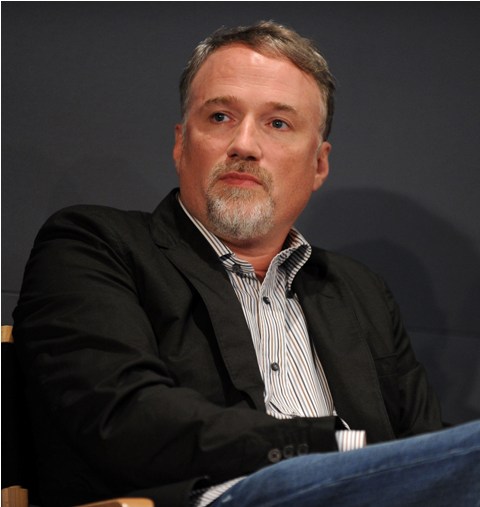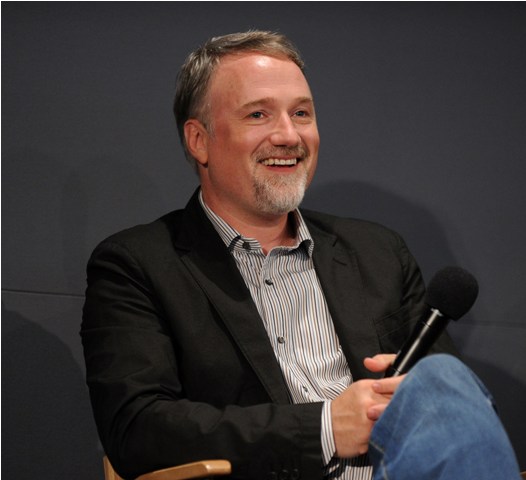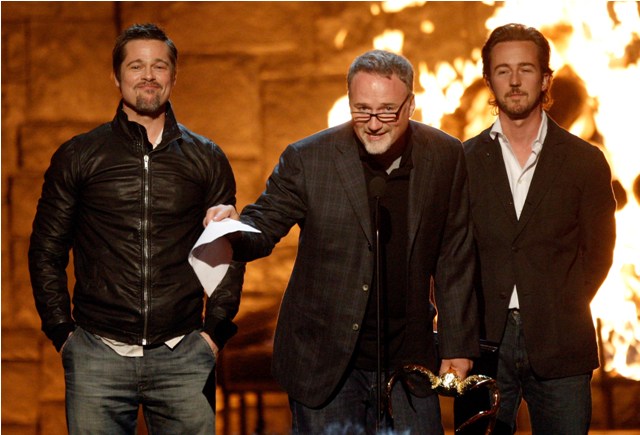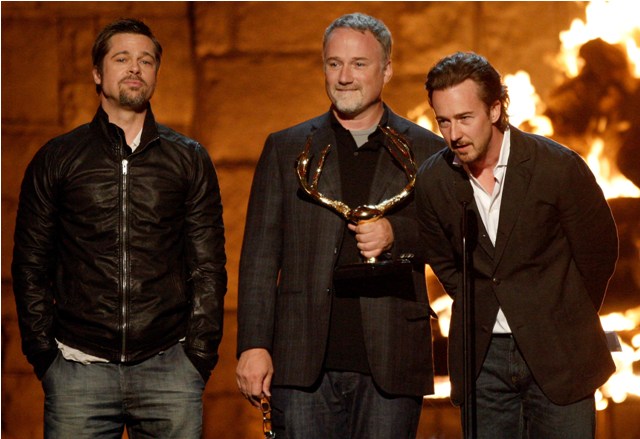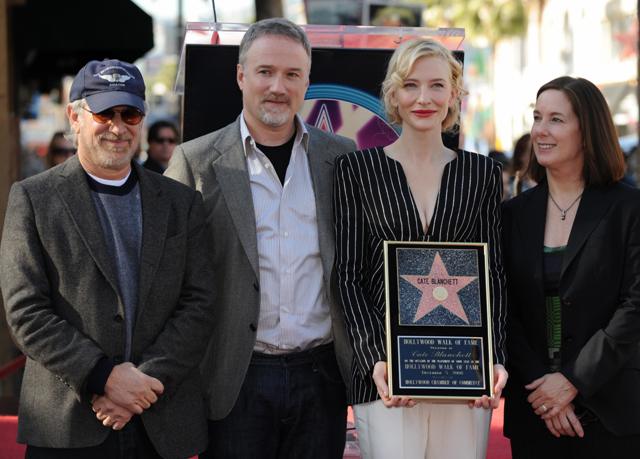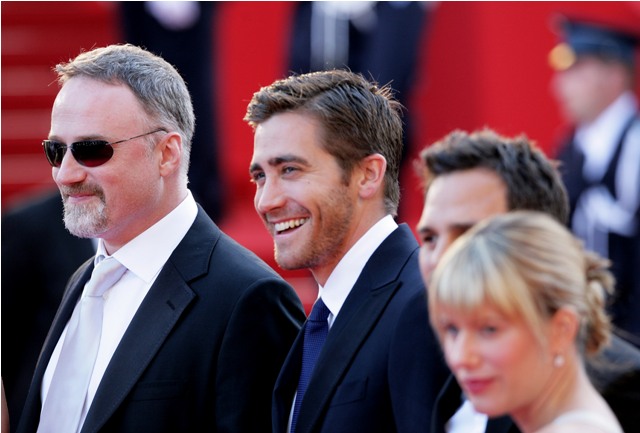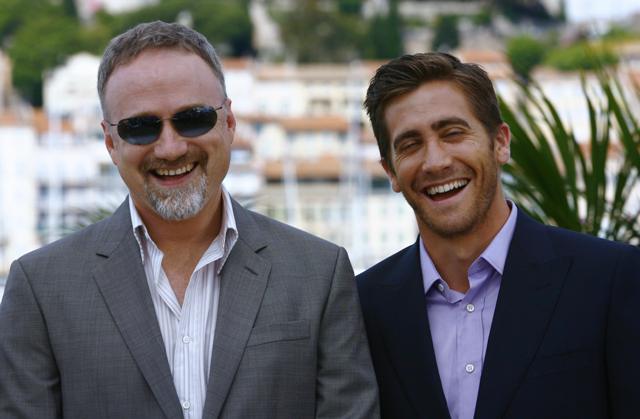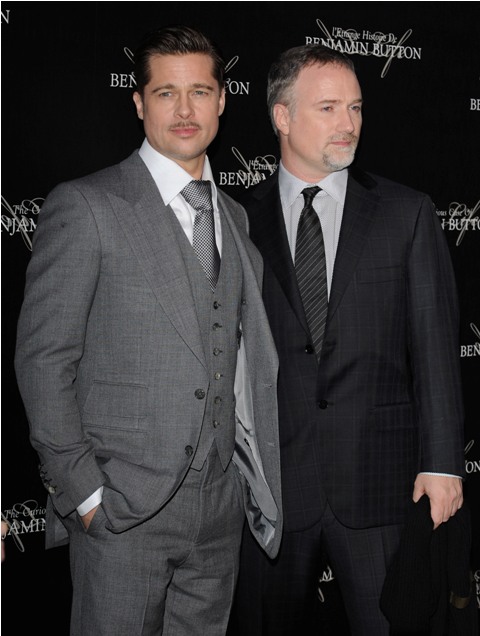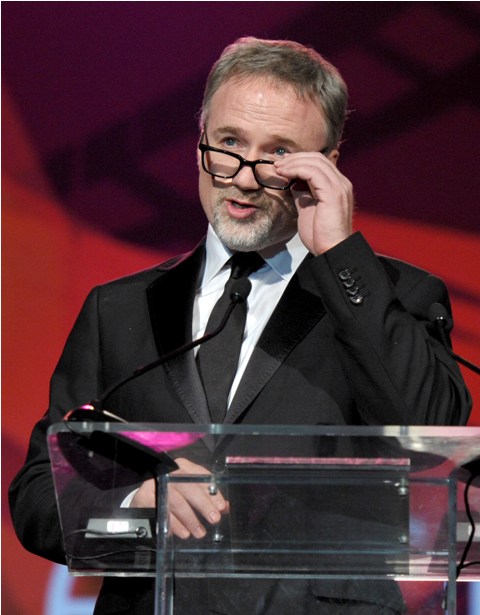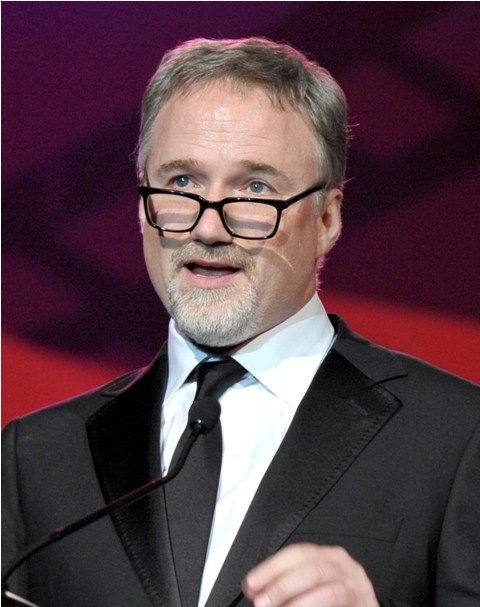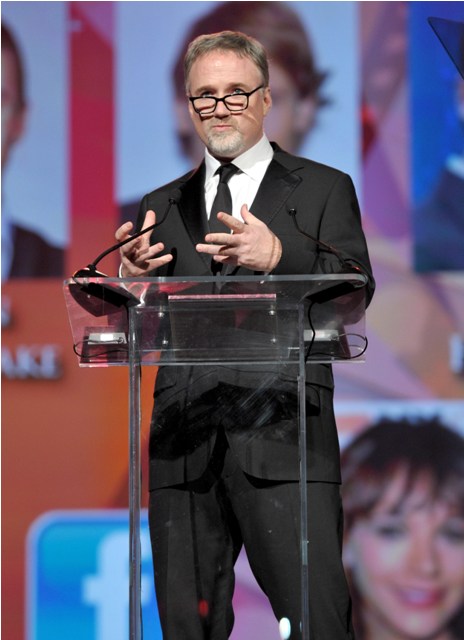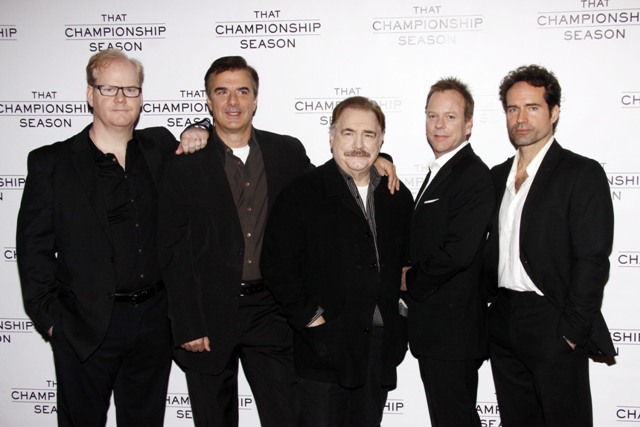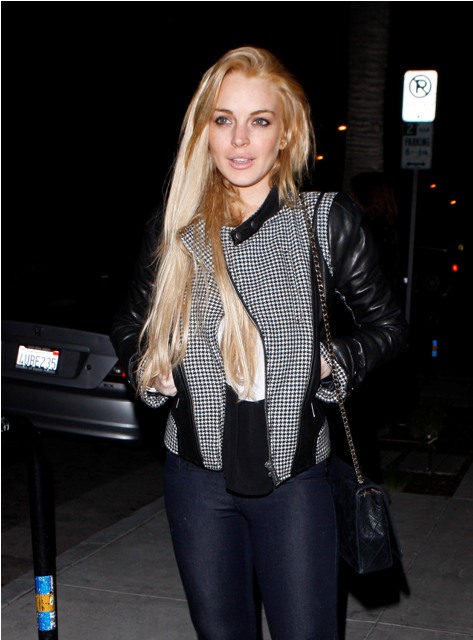The Girl With The Dragon Tattoo by David Fincher


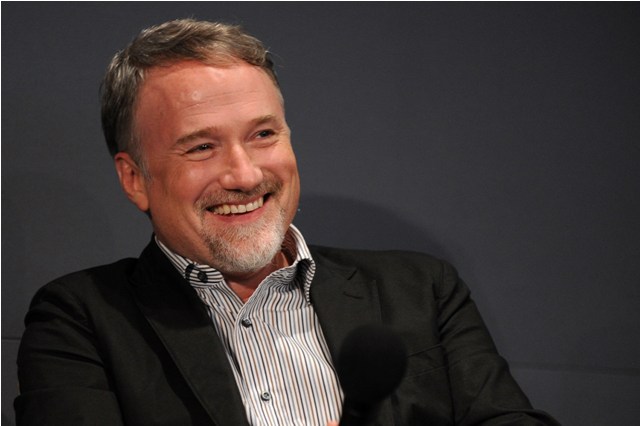
As you’ve probably seen, Rooney Mara covers the new issue of W Magazine as Lisbeth Salander. No complaints about the photos at all. She looks the part, totally.
But the article is not about Rooney Mara. The article is actually about acclaimed director David Fincher who is running the show on the English language movie adaptation of the Millennium Trilogy. Great profile, good read, highly recommend, especially as the piece isn’t just about his work on Girl Tattoo but about his work on The Social Network and Zodiac and Se7en.
In particular, I really enjoyed Fincher’s definition of his personal cinematic library. Specifically, the distinction he draws between his “films” and his “movies. As I have noted again and again, to me, while The Social Network is an excellent movie, at minimum an 8.5 out of 10, it is to me a movie. It is not, to me, a gamechanging work of art that carries with it the profundity of generation manifestation. That’s not the way Fincher intended it to be either.
By his standard, The Social Network is indeed a Movie. By his standard, The Social Network is not a Film. Zodiac on the other hand, by his standard at least, is most certainly a Film.
Fincher divides his work between “movies” and “films”—by his definition, a movie is overtly commercial, engineered for the sole pleasure of the audience. A film is conceived for the public and filmmakers: It is more audacious, more daring. By his reckoning, Fight Club and, especially, Zodiac (neither of which were box office successes) are films, while The Social Network (which is a box office smash—close to $100 million in America alone) is simply a movie.
“It’s a little glib to be a film,” Fincher maintained. “Let’s hope we strove to get at something interesting, but Social Network is not earth-shattering. Zodiac was about murders that changed America. After the Zodiac killings in California, the Summer of Love was over. Suddenly, there was no more weed or pussy. People were hog-tied and died. No one died during the creation of Facebook. By my estimation, the person who made out the worst in the creation of Facebook still made more than 30 million dollars. And no one was killed.”
“And besides, on Social Network, I didn’t really agree with the critics’ praise. It interested me that Social Network was about friendships that dissolved through this thing that promised friendships, but I didn’t think we were ripping the lid off anything. The movie is true to a time and a kind of person, but I was never trying to turn a mirror on a generation.”
He doesn’t discuss his work in a pretentious way, but it’s clear this is someone whose meticulous reputation is well earned. He’s clinical in self-analysis and obsessive in approach, immersed in every small detail, like, almost scientifically involved in each project. And of course it shows. Maybe too much. Se7en is still my favourite Fincher film. It’s the warmest. Which is a f-cked up thing to say, but there’s been a certain detachment in most of his films – and movies – since then, best displayed in Benjamin Button, that characterises a Fincher theatre experience. Enjoyable, but how much do you care?
And then there’s The Girl With The Dragon Tattoo. He pretty much bypassed most of the promotion for TSN in favour of throwing himself right into Lisbeth Salander and Mikael Blomkvist. MANY of you are fans of the character(s), the books, the story, the everything. Ever since this project was announced there have been screaming matches, disagreements, speculation, anxiety. Well… this excerpt from the W Magazine article will only add to that:
The Girl With the Dragon Tattoo is a remarkably unlikely runaway best-seller. It is very dark and often sexually deviant—filled with scenes of sadomasochism, anal rape, and torture. The book is permeated by a seeping sense of menace and loss. Larsson, who allegedly observed the rape of a 15-year-old girl when he was young and did not report it, had to live with the guilt, and begins each section with a statistic regarding crimes against women in Sweden. The script, which captures the novel’s bleak tone (its original Swedish title was Men Who Hate Women), was written by Academy Award winner Steven Zaillian, who wrote Schindler’s List, and it departs rather dramatically from the book. Blomkvist is less promiscuous, Salander is more aggressive, and, most notably, the ending—the resolution of the drama—has been completely changed. This may be sacrilege to some, but Zaillian has improved on Larsson—the script’s ending is more interesting.
Important to note, for whatever it’s worth, these are not Fincher’s exact words. This is the writer’s conclusion. Still… interesting, to say the least, nonetheless. Some of you may choose to replace “interesting” with “alarming” or “insulting” or “they’re f-cking around with it” or “exciting” or “amazing”. Since I have resolved to stop bitching about the fact that they’re doing this in the first place, I will wait until it can be judged on its own merit.
Click here to read more about Fincher’s preparation for The Girl With The Dragon Tattoo and why he thought Andrew Garfield, who had originally auditioned to play Mark Zuckerberg, was better suited to be Eduardo Savarin, and why he thinks anything is easy after Button.
Attached – Fincher promoting The Social Network, with Cate Blanchett at herWalk of Fame ceremony, with Edward Norton and Brad Pitt when Fight Clubwas honoured, and in Cannes for Zodiac.
Photos from FRED DUFOUR/Dave Hogan/GABRIEL BOUYS/Pascal Le Segretain/Jason Kempin/Kevin Winter/John Shearer/Gettyimages.com

